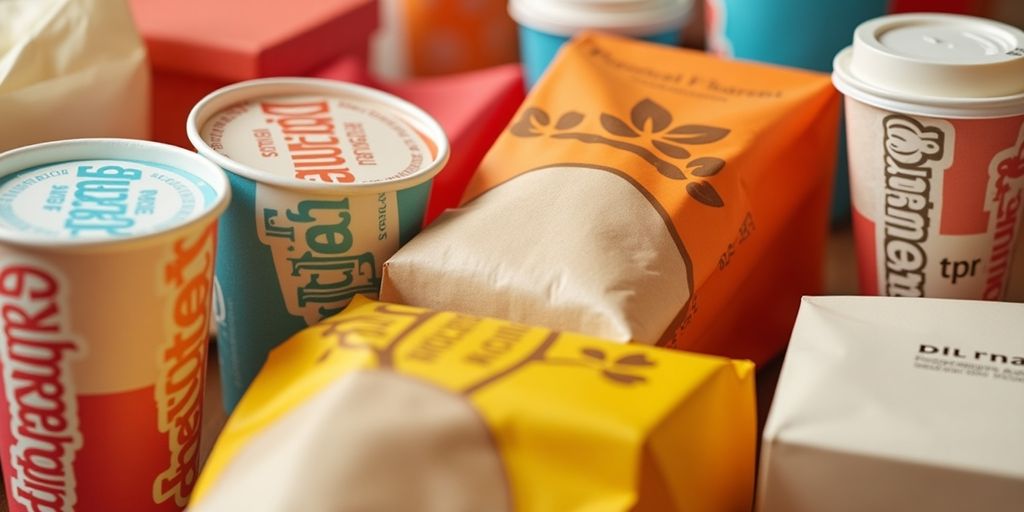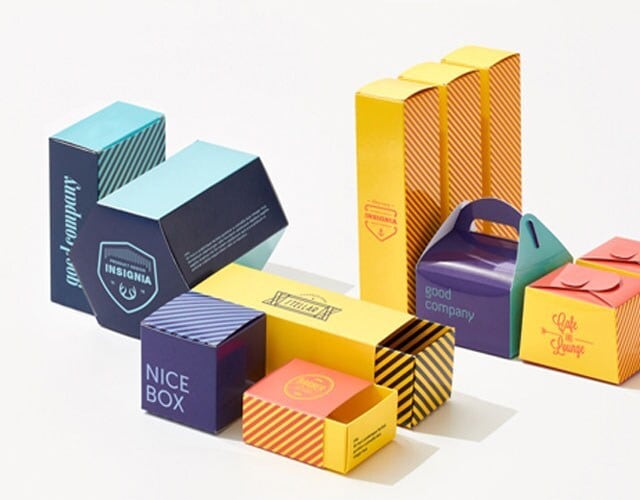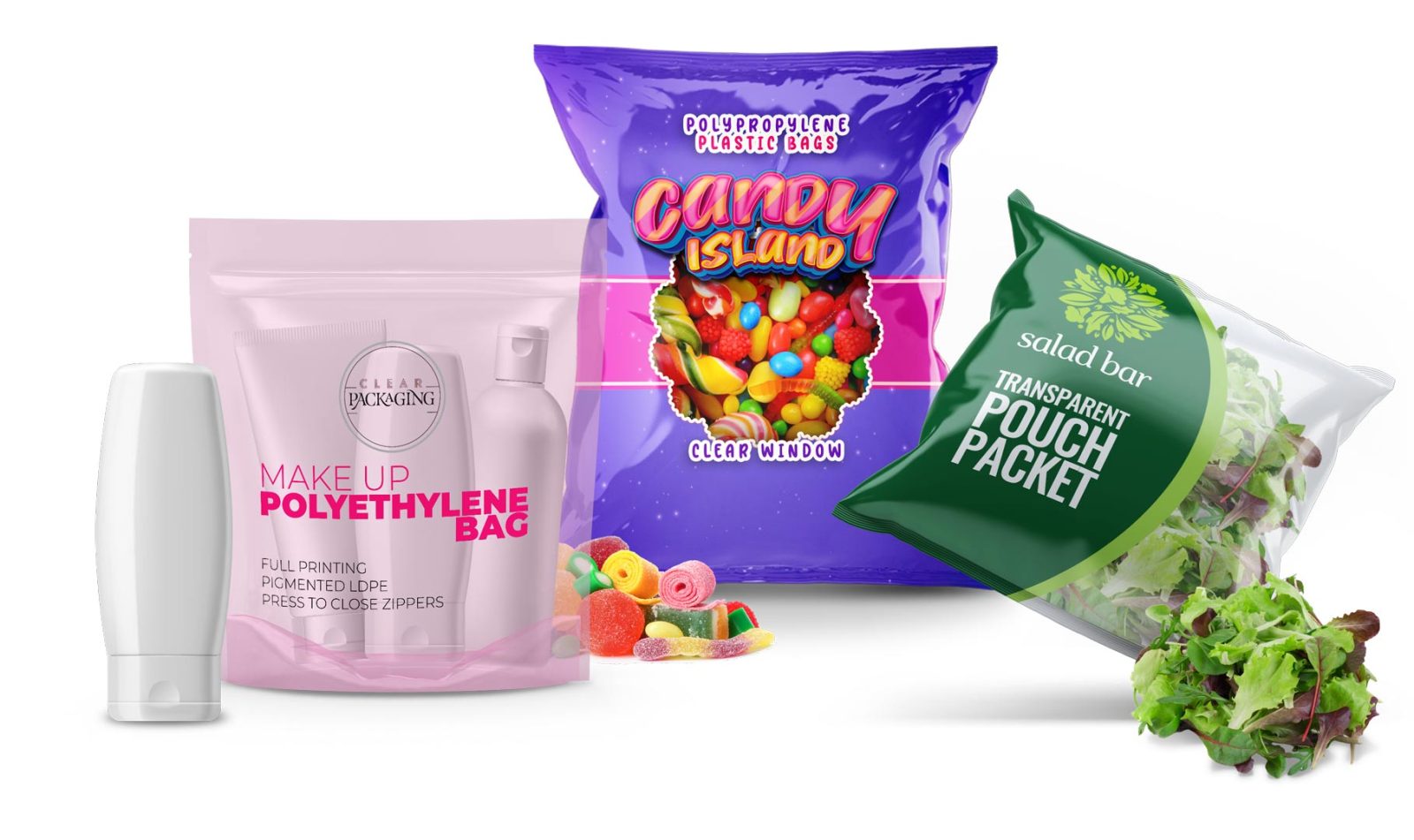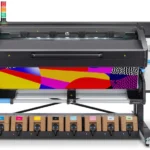In today’s competitive market, the demand for attractive and durable glass packaging labels is ever-increasing. Understanding the right inks for glass packaging labels is crucial for anyone involved in marketing and product presentation. These inks not only convey essential information but also play a significant role in enhancing the aesthetic appeal of the product.

Why Choose Glass Packaging?
Glass packaging is favored for its transparency, recyclability, and ability to preserve product quality. It is a preferred choice in industries ranging from beverages to cosmetics. The labels on these glass containers need to withstand various environmental conditions, making the choice of ink critical.
Types of Inks for Glass Packaging Labels
Solvent-Based Inks
Solvent-based inks are known for their durability and fast-drying properties. They are particularly effective in environments where the labels are exposed to moisture or varying temperatures.
UV-Curable Inks
UV-curable inks are popular due to their quick curing time and resilience. These inks are cured using ultraviolet light, ensuring a robust and long-lasting finish.
Water-Based Inks
Water-based inks are environmentally friendly and offer excellent color vibrancy. They are a great choice for brands prioritizing sustainability.
Benefits of Using the Right Inks
Choosing the appropriate ink for glass packaging labels enhances product appeal, durability, and brand recognition. Well-printed labels can withstand handling, transportation, and various environmental factors.
Considerations When Selecting Inks
When selecting inks, it’s essential to consider factors such as adhesion, colorfastness, and resistance to external elements. These factors ensure that the labels maintain their quality over time.
Adhesion
Adhesion is crucial for labels to stick effectively to glass surfaces. Inks with strong adhesion properties prevent peeling or fading.
Colorfastness
Colorfastness ensures that the printed colors remain vibrant and do not fade over time. This is especially important for products exposed to sunlight or artificial lighting.
Resistance to Elements
Resistance to water, chemicals, and temperature fluctuations is vital for maintaining label integrity.
Technological Advancements in Ink Formulation
Technological advancements have led to the development of inks with improved performance and eco-friendly properties. Innovations in ink chemistry are continuously improving the quality and sustainability of inks for glass packaging labels.
Industry Applications
Inks for glass packaging labels are used across various industries, including food and beverage, pharmaceuticals, and cosmetics. Each industry has specific requirements that influence ink selection.
Environmental Impact of Ink Choices
With growing awareness about environmental sustainability, choosing eco-friendly inks is becoming increasingly important. This shift is encouraging manufacturers to develop sustainable ink solutions.
Future Trends in Glass Packaging Inks
The future of glass packaging inks lies in innovations focused on sustainability, efficiency, and enhanced performance. The industry is moving towards developing inks that not only meet quality standards but also reduce environmental impact.
Expert Insights
Industry experts emphasize the importance of selecting the right inks to enhance brand image and ensure product safety. They recommend staying updated with the latest trends and technologies in ink formulation.
Conclusion
Choosing the right inks for glass packaging labels is a crucial aspect of product presentation and brand identity. By understanding the different types of inks and their applications, brands can make informed decisions that align with their marketing strategies and sustainability goals.

FAQs
What are the most durable inks for glass packaging?
UV-curable inks and solvent-based inks are known for their durability and fast-drying properties, making them ideal for glass packaging.
How do I choose environmentally friendly inks?
Look for water-based inks or inks specifically labeled as eco-friendly. These inks have a lower environmental impact and are safer for the environment.
Can inks affect the recyclability of glass?
Inks that are easily removable and do not contaminate the recycling process are preferred for maintaining glass recyclability. Check out this resource for more insights on choosing eco-friendly inks.
This article contains affiliate links. We may earn a commission at no extra cost to you.





